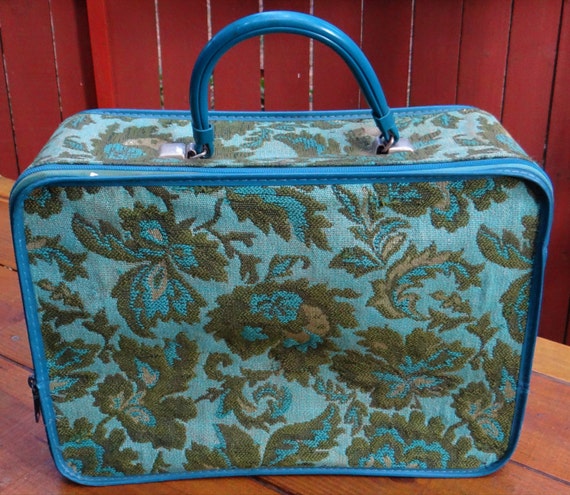Neighbors, Part II. THE GLASSES

According
to Miss Bobbie, one of the two little boys next door had been born
“afflicted,” Southern then-vernacular for any
problem acquired or developed surrounding a child’s birth, and it could also
apply to having any lasting condition resulting from any of the usual childhood
diseases. Little Bobby was just “a bit
slow in his ways,” as she told his story, and had very poor eyesight, requiring
stronger and stronger glasses as he grew older. He didn’t do well in his first couple of years
of school, but did learn to read just enough to get by. He didn’t attend much
past third grade, when his grasp of arithmetic and geography had been the cause of “failing him”
twice, so that he was head-taller than his classmates. And so he stayed at home.
In Miss Bobbie’s words, “He made a BIG man.” On up into his thirties, he’d walk all over
town with his Mama while she sold her Avon ,
and he’d sit on your steps or in your porch swing if you didn’t have
screen. You could track what time Miss
Emma would be at your house by looking across and seeing what house where Bobby
was sitting, looking at the birds.
He’d
sit in the sun or shade of the porch, slowly moving the glider with gentle movements,
and holding her furled “parasol,” which was a big black umbrella that she took
from his hand and snapped open each time she came out the customer’s door,
bearing it aloft to ward off the sun until she reached the next stop---a
geometric little sidewalk journey like stitching one of those squared-off Greek-key
patterns onto a dresser scarf---to the next house, just forty steps away.

He,
in exchange for the parasol, would accept her little Avon
suitcase of wares, dwarfed to child size by his enormous soft hands, and he’d
carry it meekly down sidewalk after sidewalk, handing it back in the wordless parasol-snap moment of exchange at the steps.
When School was “out,” or in the later afternoons, he usually had an
entourage of two or three of the little neighbor kids.

Children loved him, that simple shining soul,
so soft spoken and shy. They’d show him
things, things from their grimy pockets, or bird nests or a mended
pocket-knife, and he’d give them solemn consideration through the
ever-thickening lenses, murmuring little comments and answers in that eternal
language of small boys and their treasures.
I
can still hear Miss Bobbie’s Alabama
And so I’ve had this
small pair of oh-so-thick glasses for almost thirty years, laid onto the top
shelf with all the old cameras and spy-glasses and belt buckles and old
black-and-white family pictures with names on the back lest we forget. The case is unconscionably dusty, as is everything
on that last-to-be tended shelf, with the passing seasons of months and
years. They lie in that napped blue
velvet, just as his little-boy hands snapped shut the small hard clamshell for
that last time when the next, stronger pair was required.
These
are a lasting treasure to me, as would be a Grandfather’s watch or a Great
Aunt’s lavalier, though I never knew the owner save through the stories and the
forever place that sweet, never-met young man occupies in my heart.




